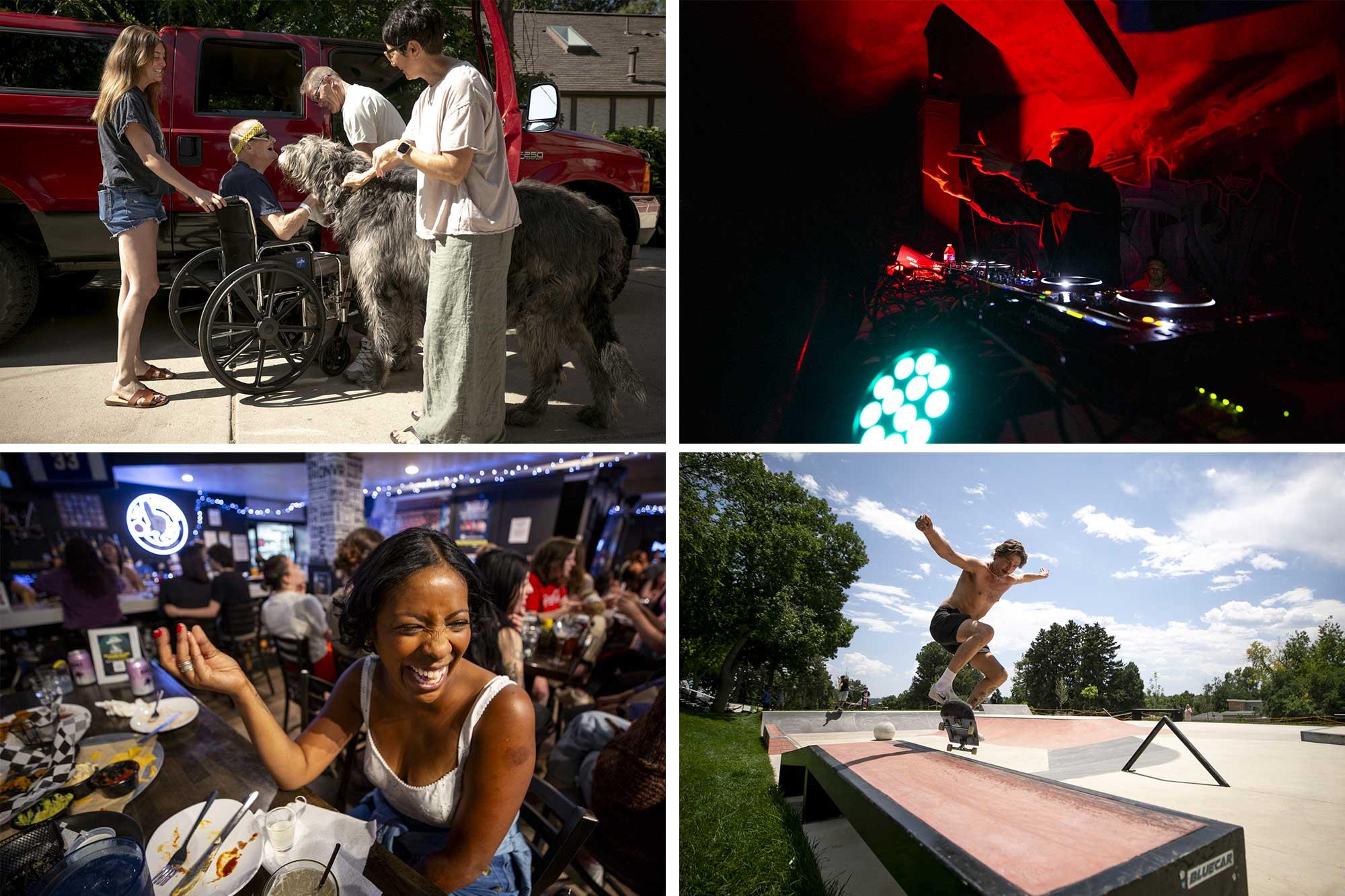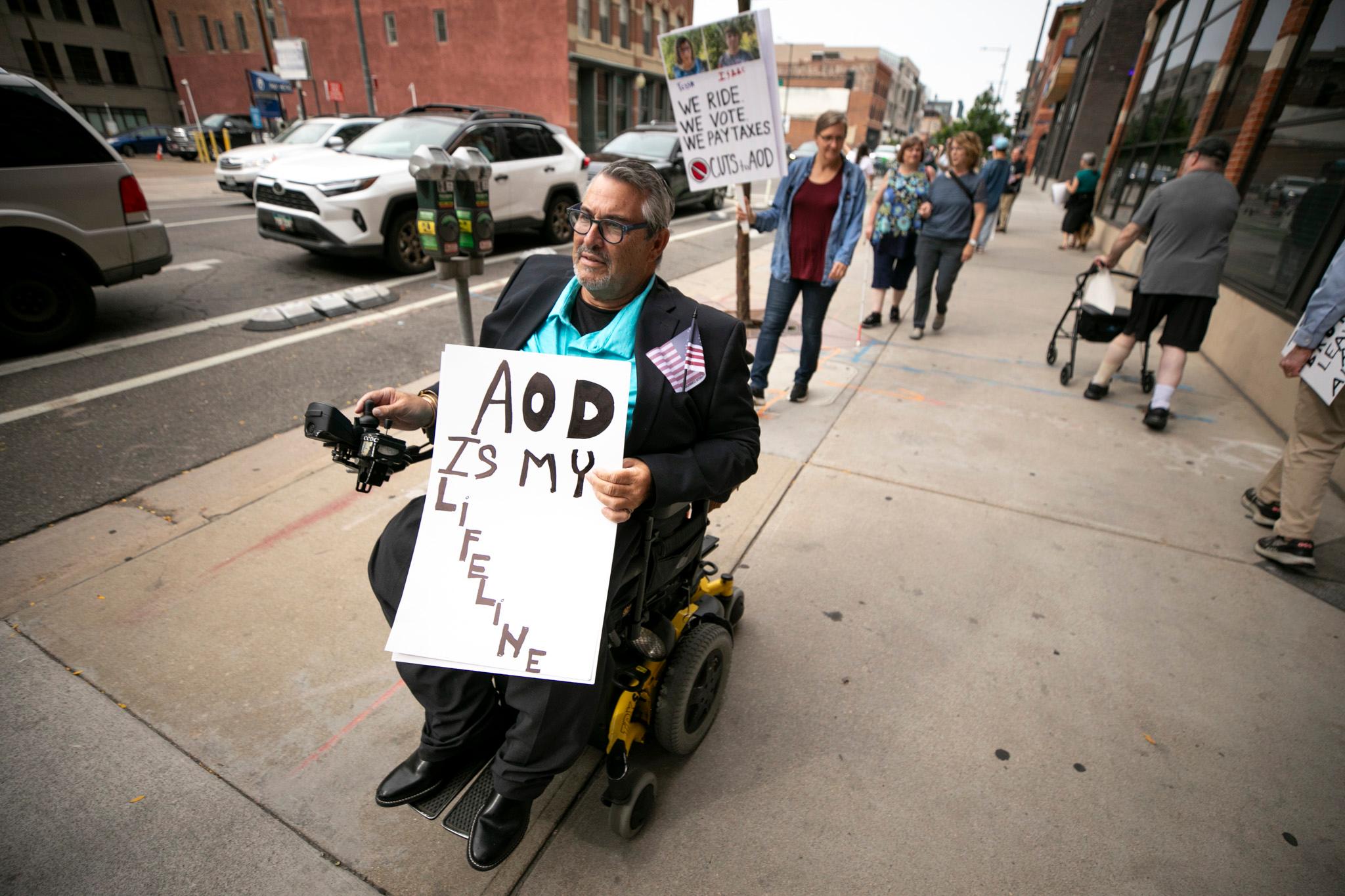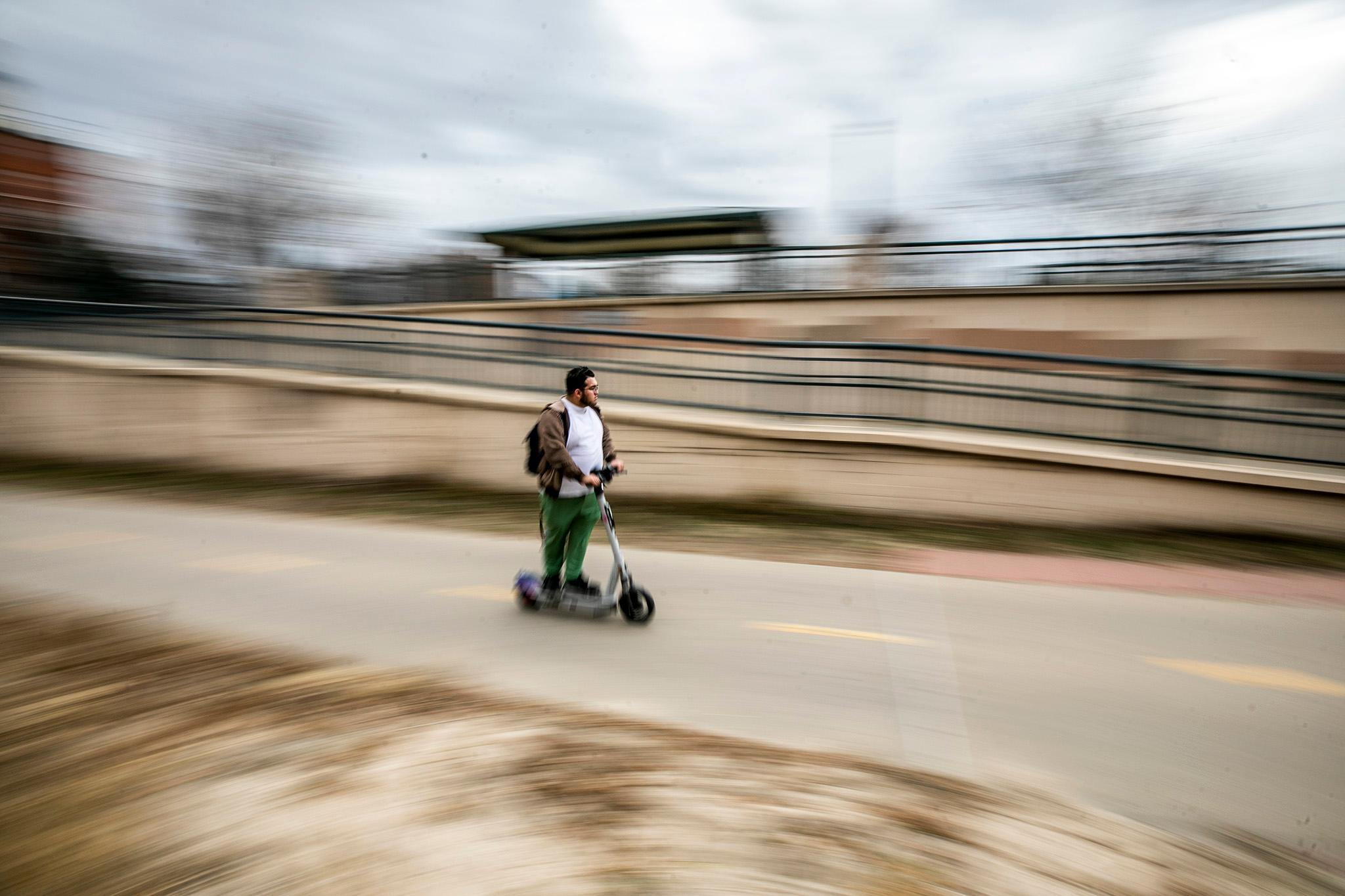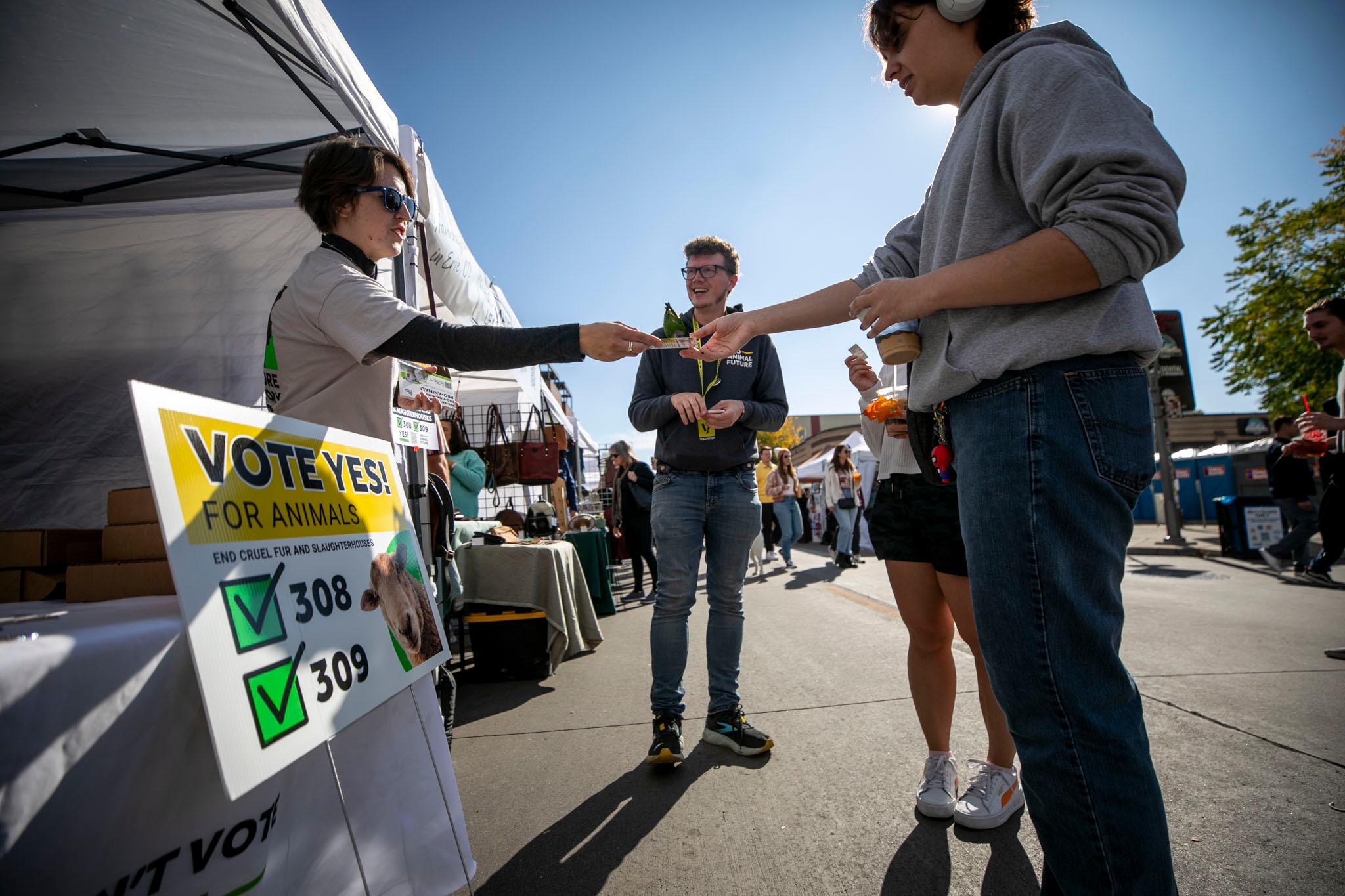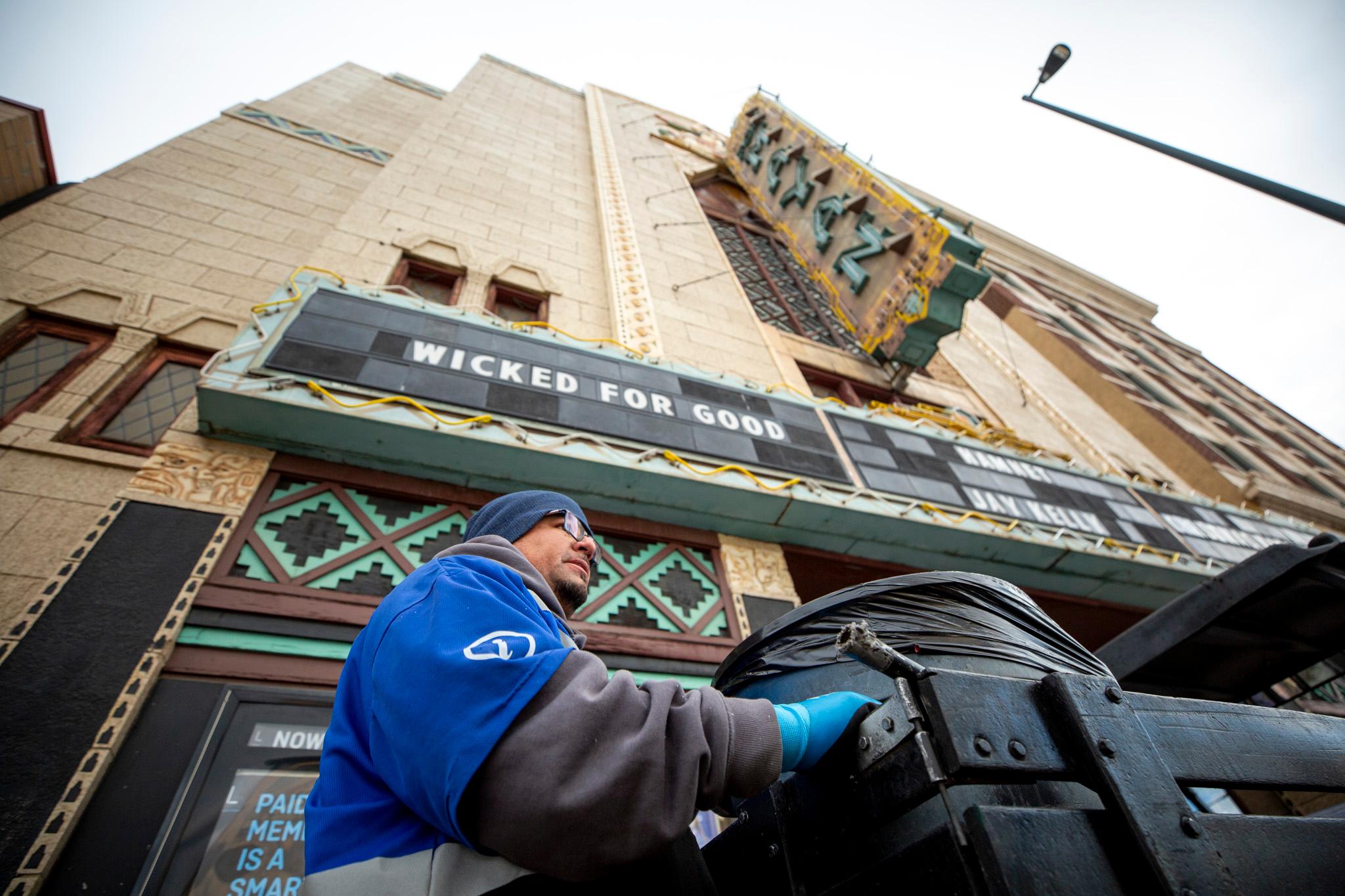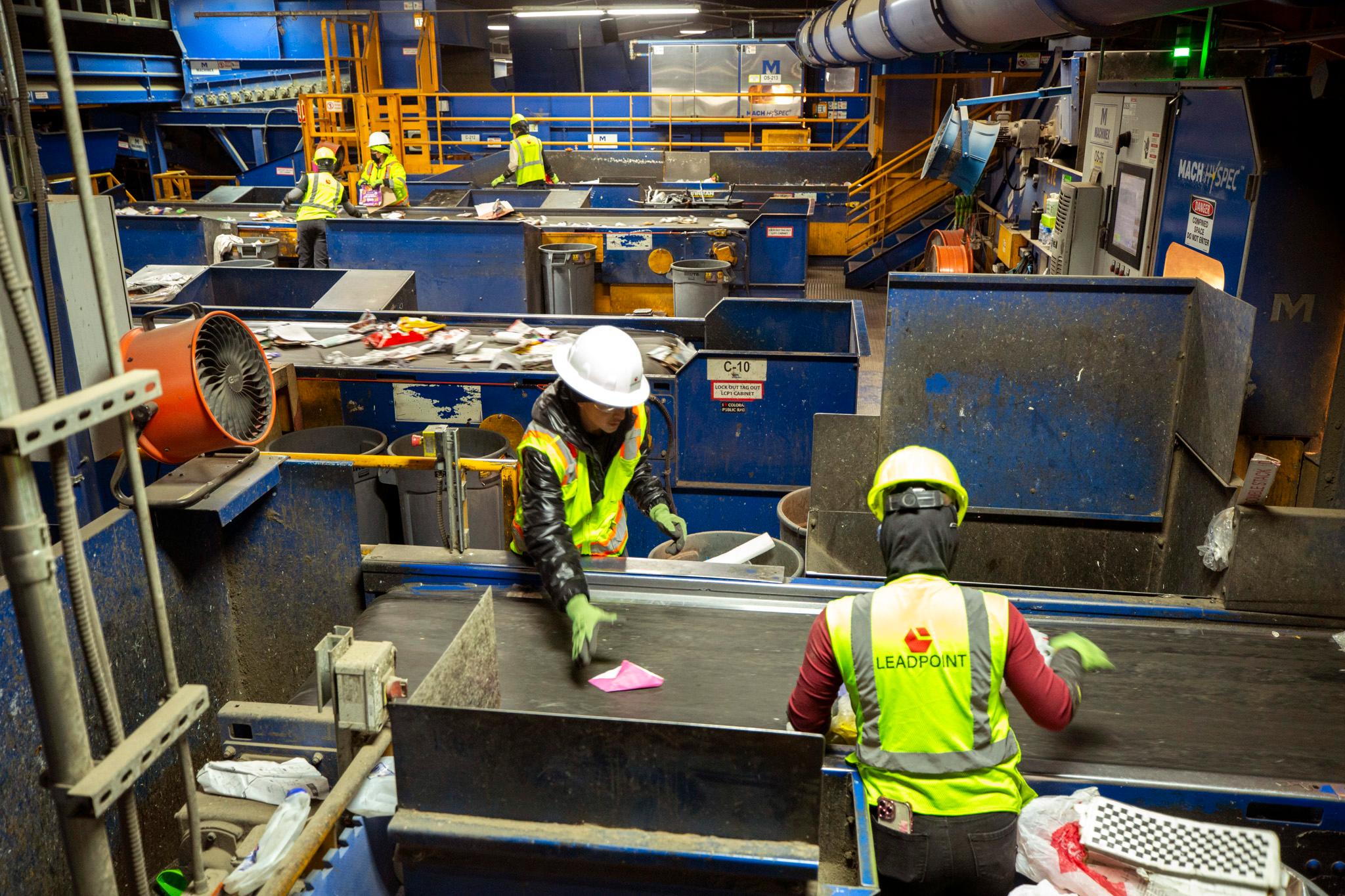In the month of November, the city of Denver took more than 1,500 calls from people who needed help with their bills.
Some of them got it: Over the next four months, a new city program paid money for rent and utilities for close to 500 households.
And, soon enough, the program was out of money. But it's now set to resume action later this month, with the Denver City Council on Monday approving another $1 million in funding.
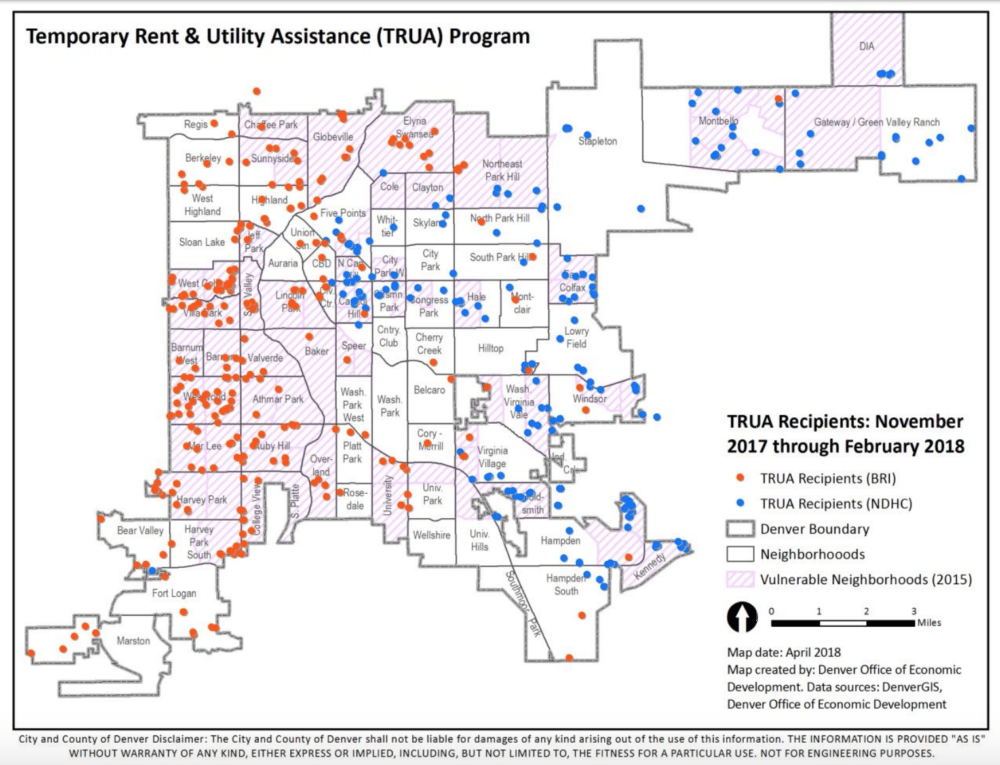
Renters can get up to six months of help per year.
The new effort, known as TRUA (Temporary Rent and Utility Assistance) is meant to help families stay in their homes during tough times.
The first wave of recipients were scattered all across the city, with nearly 500 households getting an average of $1,200 in rent help. Meanwhile, 84 homes got about $330 each for help with utilities.
Applicants to the program are supposed to demonstrate that they're having a "financial or other housing crisis," which can include rent hikes, uninhabitable living conditions, a notice of past-due bills or the loss of a job.
The money's meant for people making less than 80 percent of the median area income. That's $50,000 for a single person or $72,000 for a family of four.
However, most of the early beneficiaries made far less money. More than 60 percent had incomes under 30 percent AMI, or $27,000 for a family of four.
The program can pay up to 80 percent of their rent bills, and each household can only get six months of rent help per year. They're also eligible for two months of utilities, or a max of $1,000.
In the pilot, though, only 5 percent of households got more than one month of help.
The people who got the money tended to cite health reasons, the loss of a job or unreliable income as the reason they needed help with rent.
About 87 percent of the city money is expected to go directly to the benefits.
The two contractors for the program, Brothers Redevelopment and Northeast Denver Housing Center, will ultimately spend about $1.9 million to operate the program -- that's combining the pilot phase and the upcoming second phase.
Of that sum, about $1.5 million is expected to pay for rent and utilities, with the vast majority going to rent payments. Another $100,000 will pay for counseling services. And about $187,000 will pay staff salaries at the two organizations.
Doing the math, that means that about 87 percent of the program's funds are expected to go to direct assistance and services.
Eight people are working on the program in a variety of roles at the contractors, mostly on a part-time basis, according to contract documents.
The council approved the extension of the program in an 11-0 vote, with Councilwoman At-large Debbie Ortega abstaining due to her role on the board of a related nonprofit.

